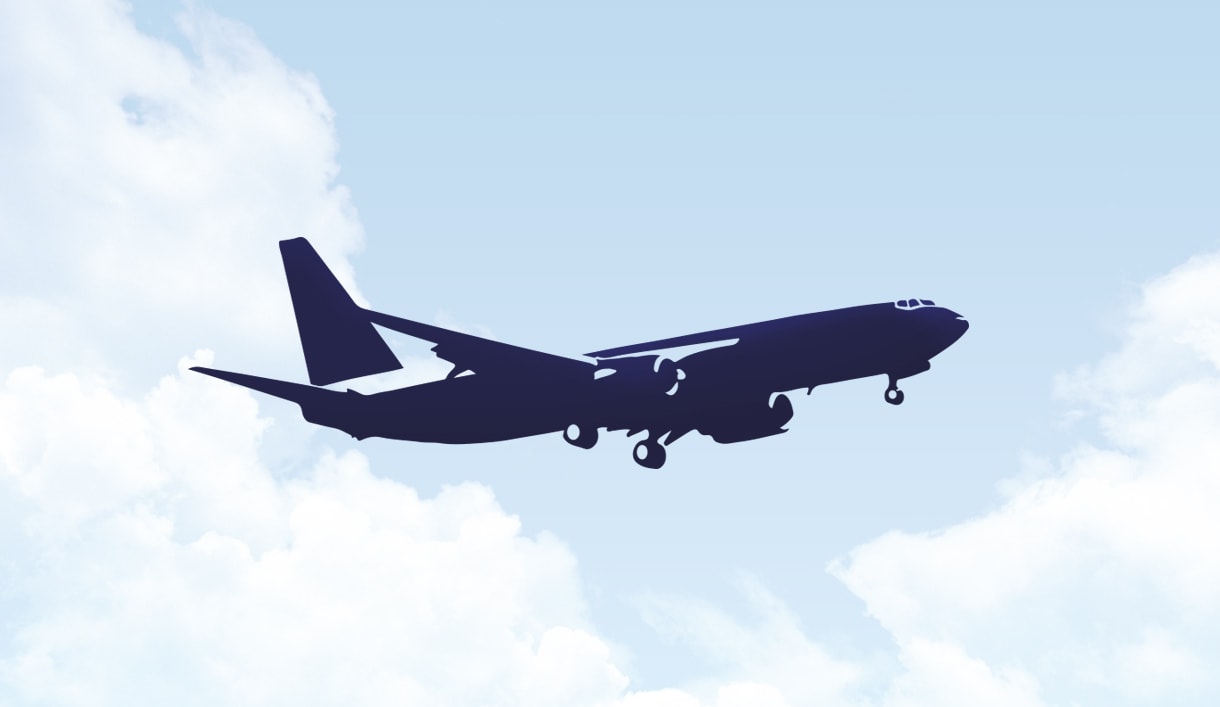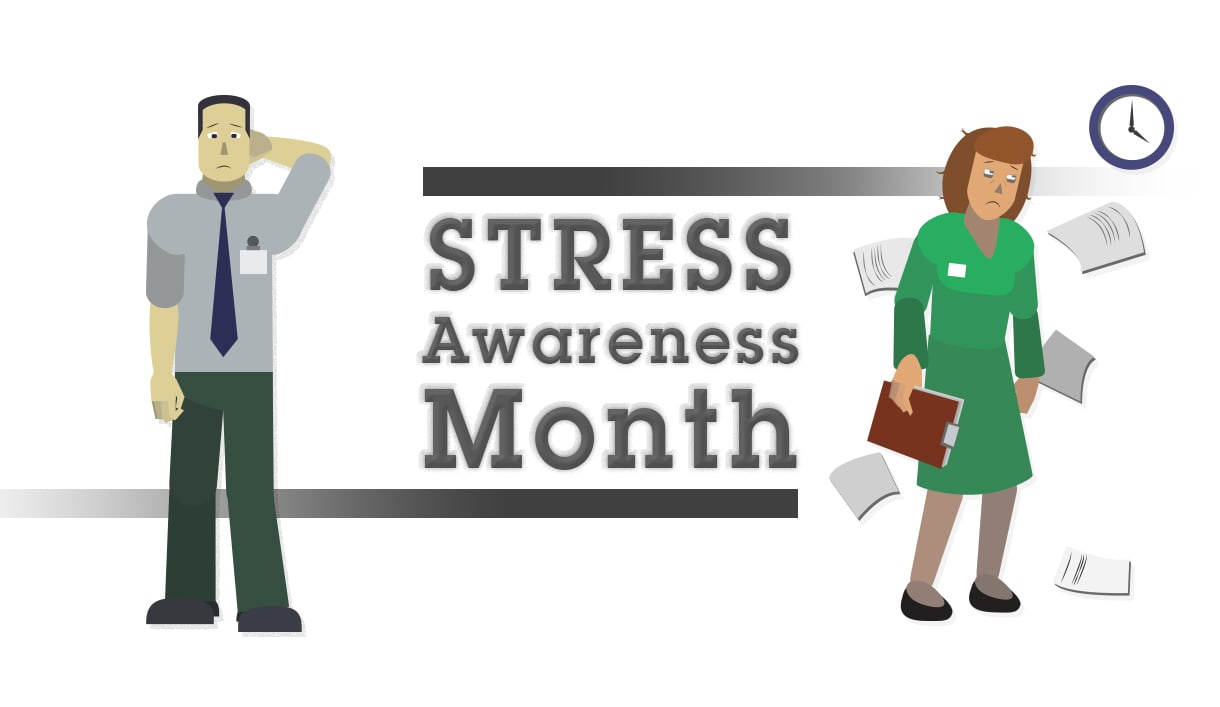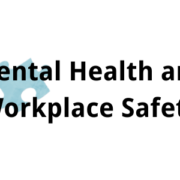Holiday Health and Safety on the Move
Holiday Travel tips to protect your health & well-being
International travel and holidays are something we typically take for granted in this day and age, being a largely affordable luxury allowing us to experience new places and cultures. However, this freedom comes at a cost with long distance travel presenting potential health and safety issues which range from minor to life threatening.
Common factors to consider include infection, transport specific hazards and holiday activities such as hiking and diving, to say nothing of existing medical conditions which may be aggravated by the latter. Thankfully, with the right combination of planning prior to travel, immunizations and precautions during, the majority of these problems can be prevented with relative ease.
Starting by consulting your doctor/healthcare provider at least a month before leaving your country is a good start as they can offer informed advice on staying healthy and recommend appropriate medication if required.
Transport health advice
Health & Safety risks are often specifically related to the type of transport taken and as such require specific considerations. Here are some of the key concerns to be aware of:
Ships and cruises safety
It’s important to keep in mind that ships are inherently unstable and liable to cause unsteadiness with the swell of sea. Conditions or disabilities which may increase the risk of fall should be considered before departure while extra care should be taken with alcohol intake; what may be a safe amount on land could prove disastrous on an unsteady sea.
Sun exposure may also be an issue if you’re spending lots of time on deck with UV light being reflected off the sea; as with the beach make sure you use plenty of sun tan lotion and remain properly hydrated.
Outbreaks of infections – particularly respiratory – are another considerable risk on ships as they can spread rapidly within confines, so making sure you are aware of prominent local disease at scheduled stops and having appropriate vaccinations/medicines is the best way to protect yourself in advance.
Air travel safety
Air travel can be associated with a variety of health complaints.
For starters, aircraft are lower oxygen environments which in turn reduces the amount of oxygen in passengers’ blood. Exposure to this kind of environment is particularly dangerous for people with medical issues such as heart conditions or pulmonary disease, resulting in shortness of breath and the need for supplemental oxygen.
Air pressure changes can also be an unpleasant problem with attached ear and/or sinus symptoms, especially for those suffering from respiratory infections. If you have difficulty hearing or ear pain symptoms they can be prevented with appropriate nasal sprays, decongestants or antihistamines.
Another common but frequently overlooked danger is blood clots in the legs caused by prolonged sitting during prolonged air travel; something which could have extremely serious consequences. A simple way to keep this in check is to stretch and move frequently, wear compression stockings or – if you have a clotting or vein disorder – take appropriate medication to counteract the problem.
Less serious but still extremely unpleasant is the common issue of jet lag. Travelling West to East over several time zones is most likely to cause the worst cases but taking melatonin – providing you’re an adult and don’t mix it with alcohol – in doses of roughly 2-3mg 30 minutes prior to sleep on the day of departure and up to four days following arrival can help a great deal.
Other holiday activities
Outside of basic travel from A to B there are specific recommendations to remember with outdoor activities too:
Scuba diving safety
A high hazard activity; unless you are a trained and experienced scuba diver you should receive specific instruction from a professional prior to diving and ideally some supervision to ensure your safety.
Most of all it’s vital that you wait at least 12-48 hours following the dive – relative to its length – before boarding a high altitude plane to avoid decompression sickness/the bends.
High-altitude Hiking Safety advice
If you’re planning on hiking at high altitudes such as mountain regions, it’s important to check with your doctor whether this is medically advisable for you and how you might reduce symptoms for high altitude sickness (Acute Mountain Sickness) and other illnesses with prescription drugs such as acetazolamide.
On a more general note, during hikes you can help maintain good health by drinking more fluids (not alcohol), avoiding foods high in salt and starting slowly, not going over 5000-6000 feet elevation on the first day.
Wilderness Excursions – Plan your Personal Safety
You might scoff at this as pedantic but if you’re travelling to more remote areas which are devoid of medical facilities than it’s important to plan precautionary measures – ideally with a clinician – to prepare for exposure to severe climates or areas that require considerable endurance to traverse.
It cannot be stressed enough; being prepared for the worst in terms of nutrition and medical supplies when help is unavailable is essential to your health and safety.
Final thoughts
All the above are only basic guidelines, the tip of the proverbial iceberg as far as travel precautions go, what’s important to always keep in mind is the value of information and preparation.
Taking your physical fitness and medical conditions into account, consulting professionals and researching known dangers/health hazards you may encounter is the best way to ensure the trip you take is a holiday and not one to the infirmary.
For additional information please visit: https://www.gov.uk/travelaware
Kai Young








Leave a Reply
Want to join the discussion?Feel free to contribute!